Nestled deep within a beautiful valley lies the snow-covered, slow-paced city of Baramulla, where rumours and legends intertwine with reality. When a young boy mysteriously disappears, it sets off a chain of events that unravel unsettling truths and shake the town to its core.
A one-of-a-kind blend of genres, the film is an amalgamation of the supernatural, mystery and drama, promising an edge-of-the-seat experience set against the haunting beauty of Kashmir. Manav Kaul plays DSP Ridwaan Sayyad, who is brought into an eerie investigation to find missing children.
The film also stars Bhasha Sumbli as Gulnaar, and will premiere on Netflix on November 7. Baramulla is set to showcase the Kashmir valley, the strife, and turmoil in a land with many forces at play, both in this world and beyond.
Helmed and written by Aditya Suhas Jambhale, the acclaimed filmmaker behind _Article 370_, and story by Aditya Dhar and co-produced with Lokesh Dhar of the visionary B62 studios, Baramulla marks a powerful collaboration between two distinct cinematic voices.
In an exclusive interview with Firstpost, Manav and Aditya opened up on their respective preps for the genre-bending thriller, the landscape of Kashmir, and the experience of working with each other.
Edited excerpts from the interview
How did the two of you prepare for your respective responsibilities for the film?
Aditya: The idea always starts with the story and so does the prep and the idea was to see Kashmir in a very different light. We wanted to see if we could se a genre-bending film in that location and kind of reinvent the genre of thriller and horror in itself. We also wanted to make sure that the film shifts gears. It stars with the theme of investigation where Manav’s character gets into the frame. When the audiences get into the second half, their perception about the film will get challenged. It has a lot of myth involved in itself. There’s no reference point at all.
Manav: When I got the script, because I was born in Baramullah, Aditya was the one who was the writer. I wondered how a non-Kashmiri wrote a film about Kashmir. I was pleasantly surprised when I read the script. There are a lot of actors who are from Kashmir. I was completely inside his unique eye and I realized he knows Kashmir. And to make a thriller out of it. He’s very energetic and excited who can give his life for cinema. Almost all my directors I have worked with are debutants. The raw idea of making a film is something that makes me happy. I like that emotion.
Aditya, what made you zero down Manav Kaul for the role?
I have read his work. I’ve been a big fan of Manav. When the project was green lit and we were about to go forward, the first name that came to my mind was his. My producer Aditya Dhar also felt the same. An actor should be able to justify his character, especially when you are trying to change the palette. We needed an actor who has amazing command. He should be able to hold you and then intrigue you about whatever he’s saying.
I have also done a lot of theatre. When two people meet, during the discussions, you come to know that theatre waala banda kya baat kar raha hai. Not everybody has the ability to be able to do that and that is exactly what helped me a lot. We zeroed down with the same name.
Manav, are there any similarities between you and your character?
Both are extremely honest people. My character is very honest about his duty and family. There is a lot of empathy in him. He wants to solve all the problems with good intentions, but he also ruins a lot of things in the process. I also love the name of my character- Ridhwan.
Aditya, how would you describe the backdrop of Kashmir for your Netflix’s film?
I am from Goa and im making a film on Kashmir. I didn’t want to have any reference point. It should have been my own reference. I didn’t watch any particular film on Kashmir. That was the first exercise that helped a lot. There are a lot of Kashmiris in Goa as well. I traveled to the state as well and that first visit matters a lot. I had a clear mind about what we are not going to do.
Manav, how much has Baramulla evolved since you belong to the landscape?
When I went to Baramullah 27 years later, when I reached the lane I grew up in, it was too clustered. People glorify their past a lot. The smell and taste of the Kashmiri food, I understand that. You get to see your childhood everywhere in that state.
Ruchikaa, it has been a great year for Netflix with such exciting and diverse releases. How does Baramulla help in further establishing that clout and content?
It’s truly been a fulfilling year for us at Netflix with every film so distinct in tone and genre, yet all connecting strongly with audiences. That’s really what we aim for, to tell stories that are diverse in themes and genres but united by emotion.
Baramulla builds beautifully on that intent. It’s an unconventional film — a supernatural thriller set in Kashmir that’s as emotional as it is unsettling.
Over time, we’ve made distinct bets on stories that innovate with format, tone, and genre- most recently through titles like Aap Jaisa Koi, which reimagines modern relationships; CTRL, India’s first experiment with the screenlife format; and Dhoom Dhaam and Inspector Zende, which blend genres in inventive ways- each rooted in emotion yet offering something truly original.
Baramulla carries that spirit forward. Aditya Dhar’s B62 & JIO studios have been excellent partners, giving life to this strong story that grips you with its mystery & moves you with its emotion. Director Aditya Jhambale has masterfully defied genres, using the supernatural not only for shock, but to explore fragile edges of the mind.
Our slate continues to get even more exciting, with a wide range of upcoming stories across genres, each bringing a fresh and distinctive voice to the mix to entertain our audiences across.


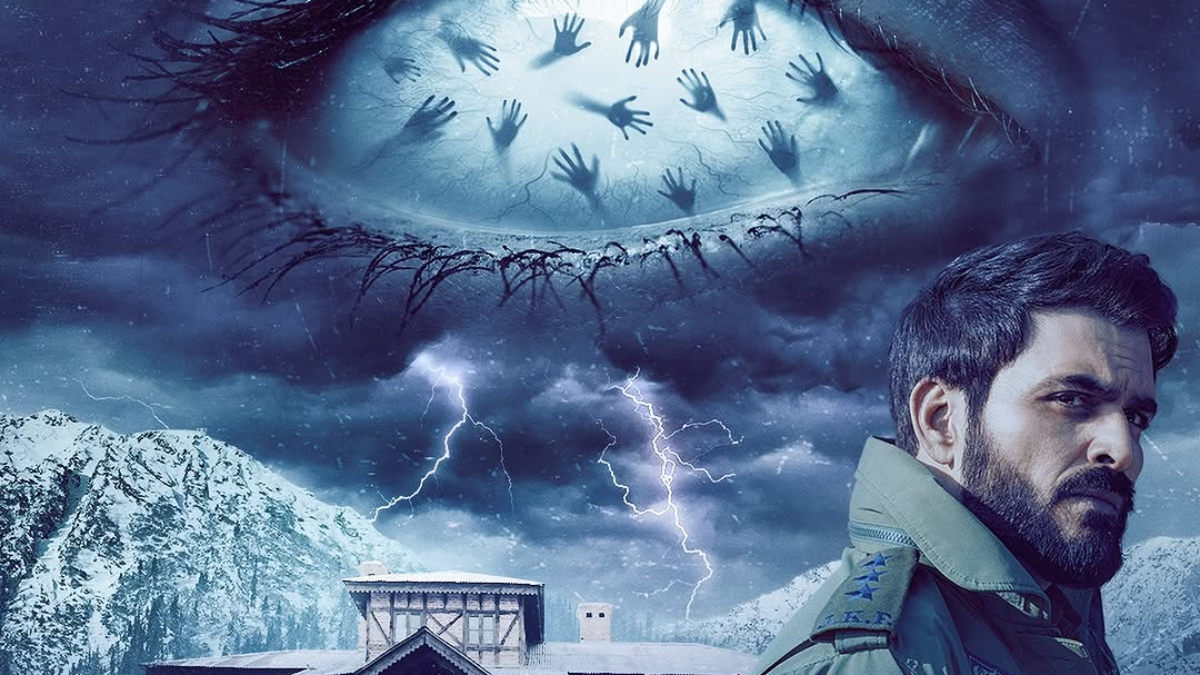)
)
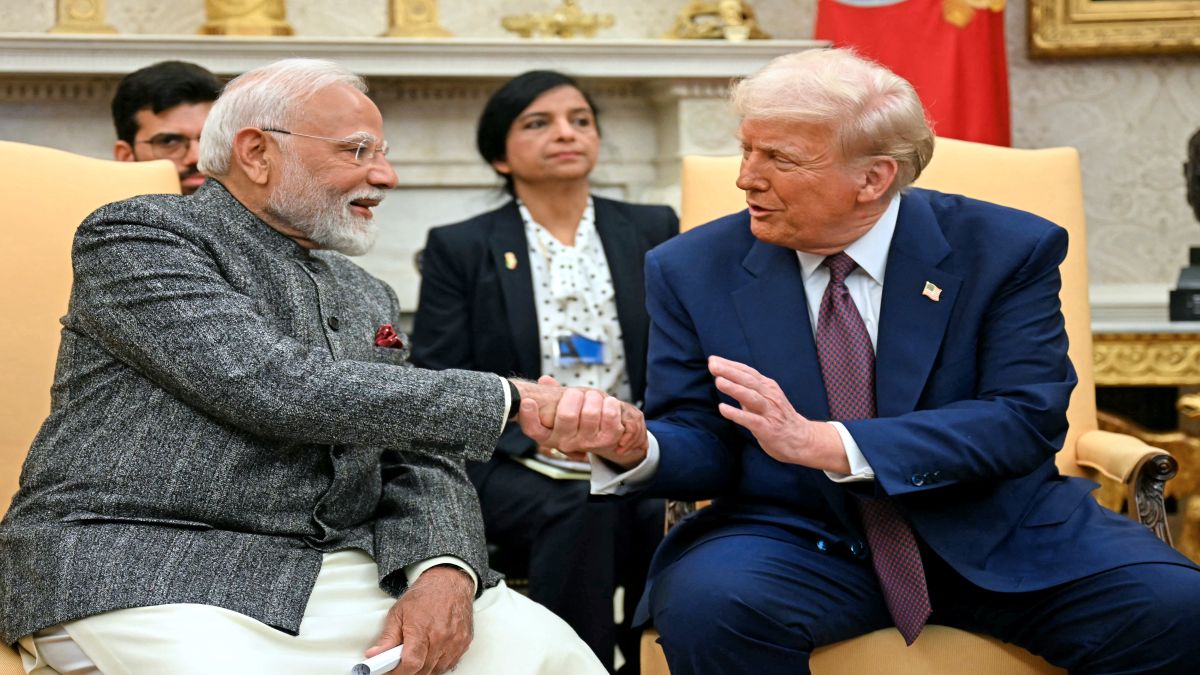)
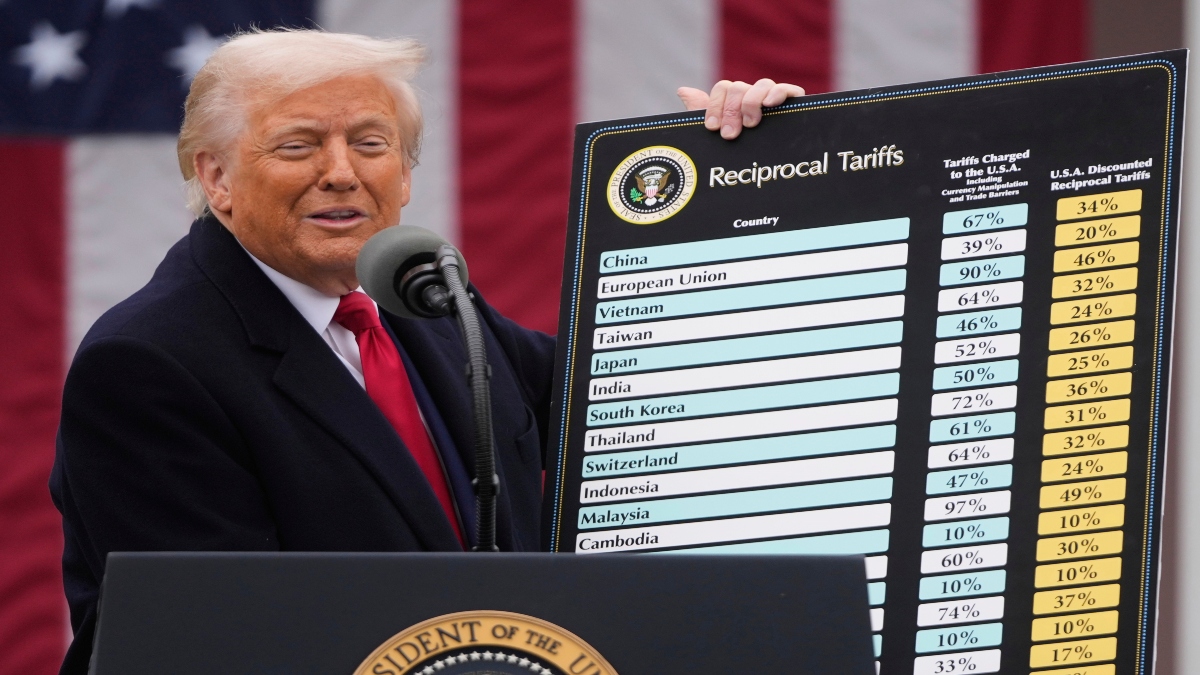)
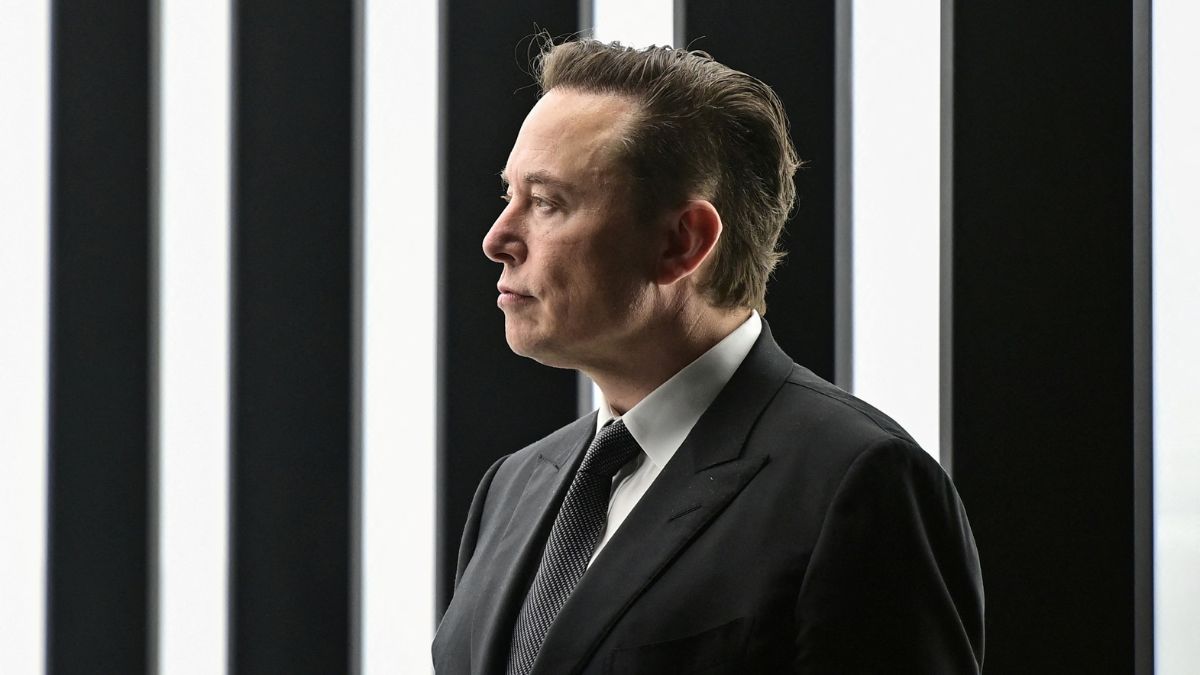)
)
)
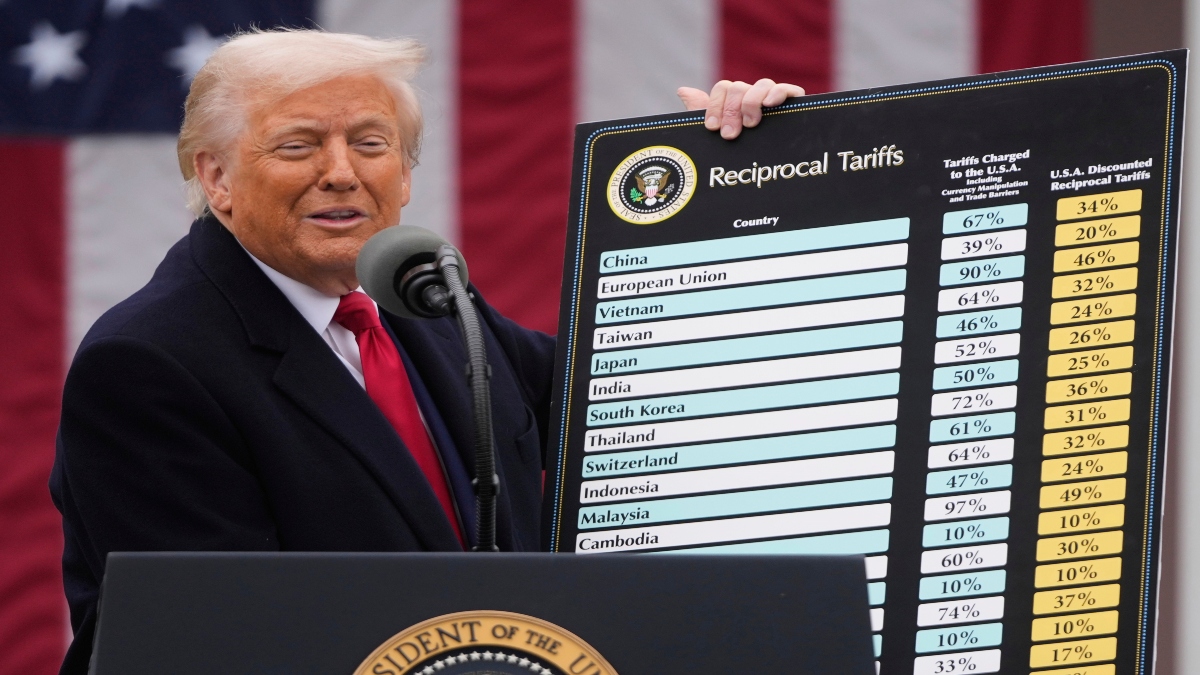)
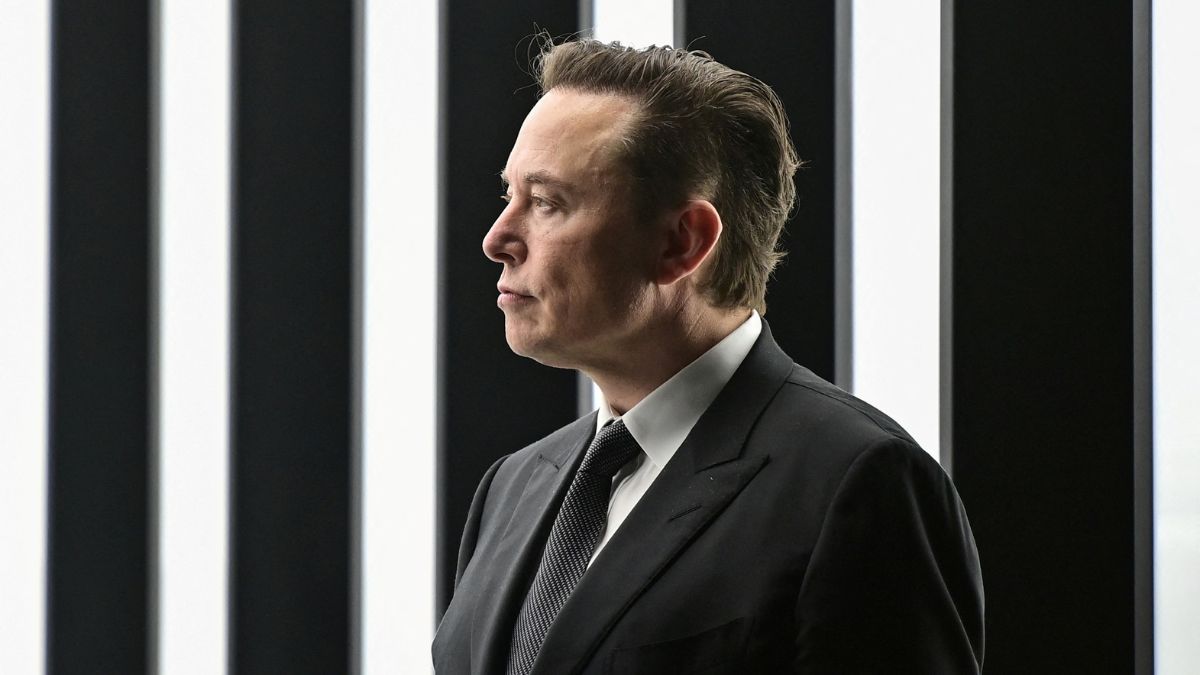)



